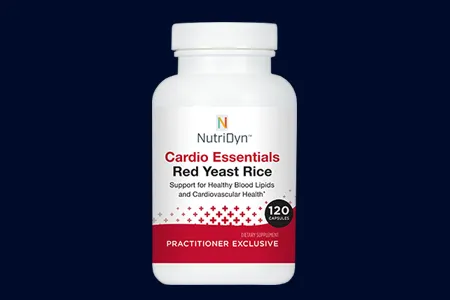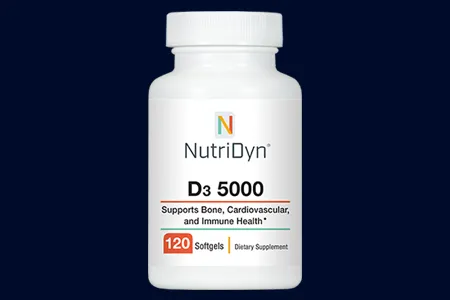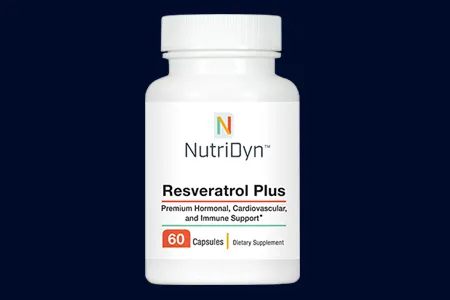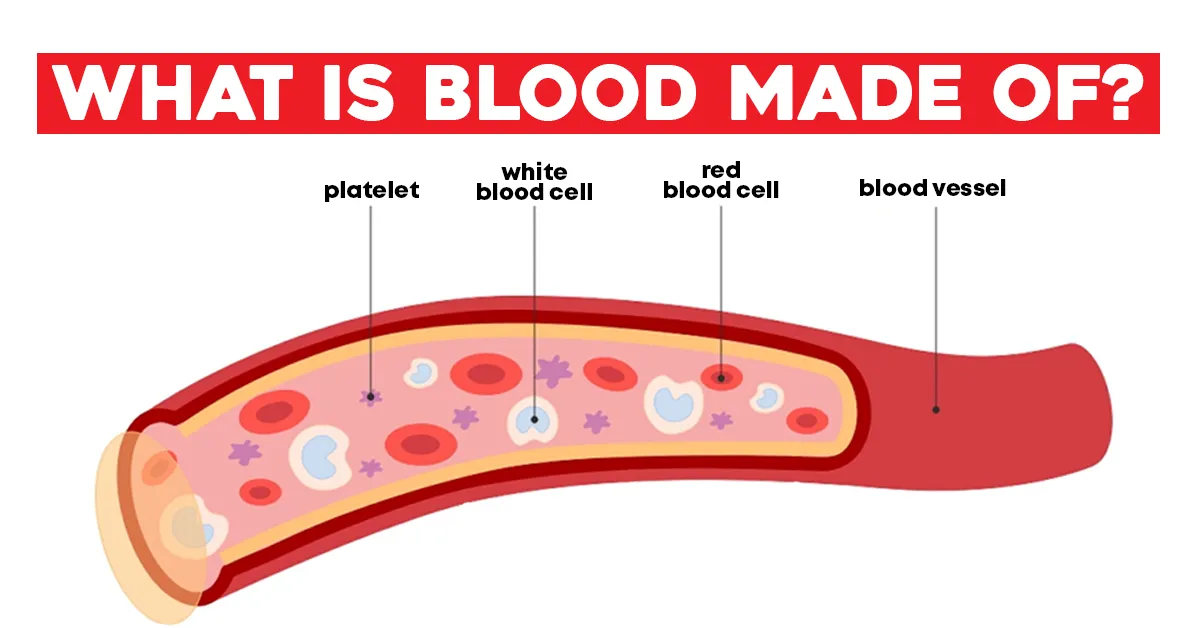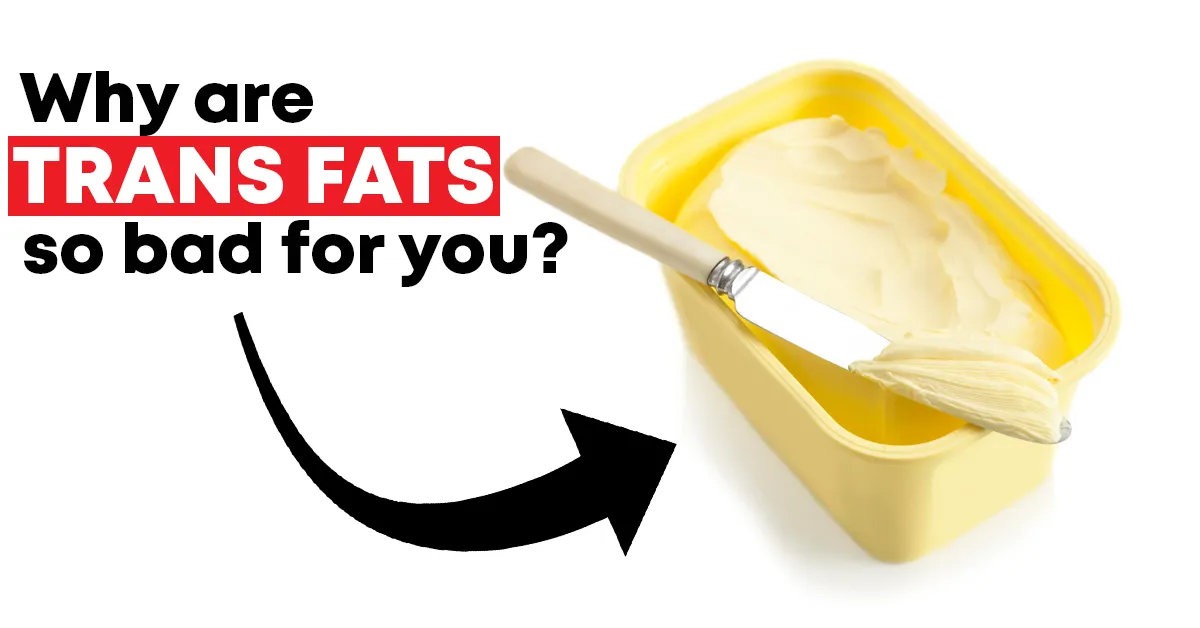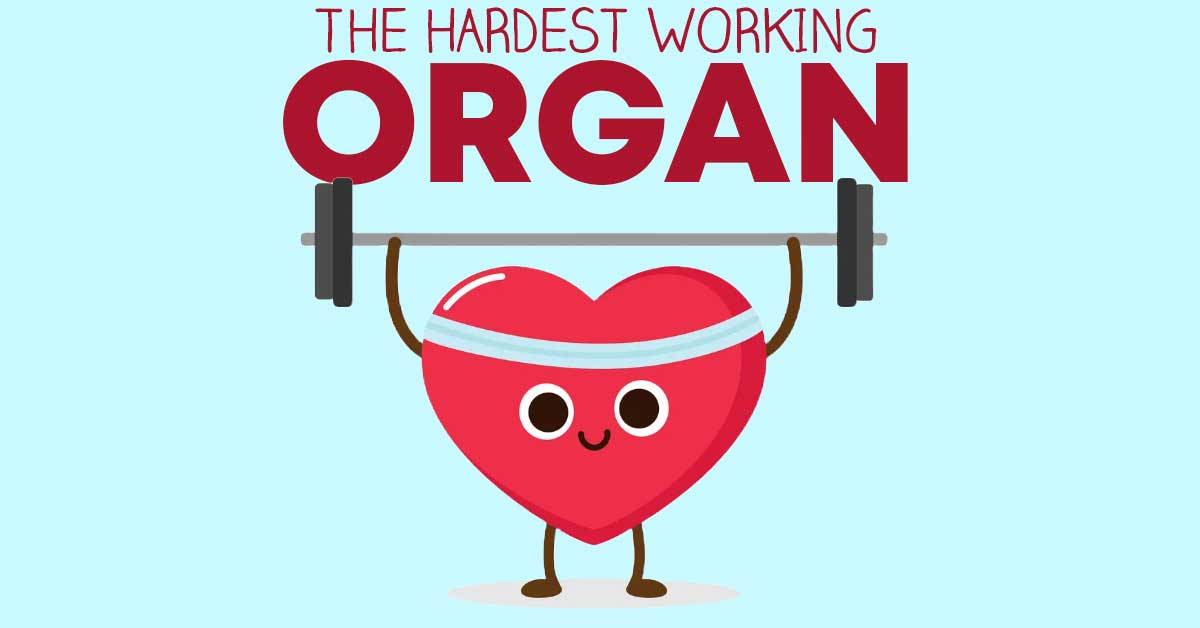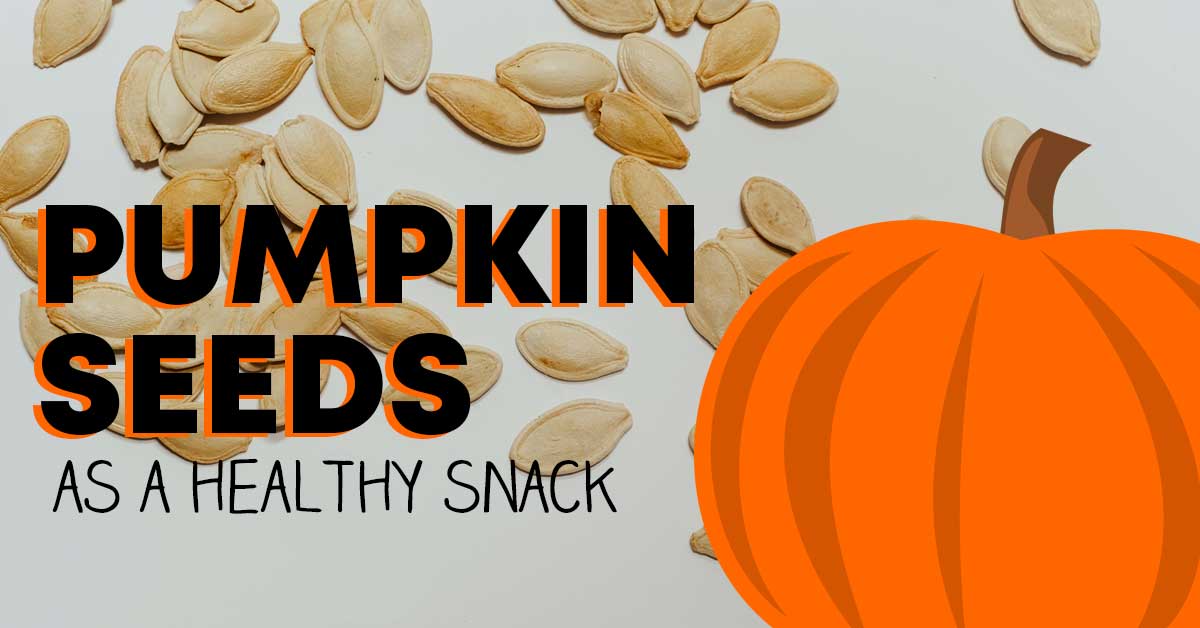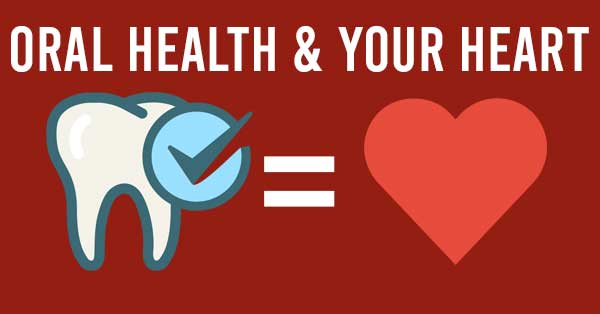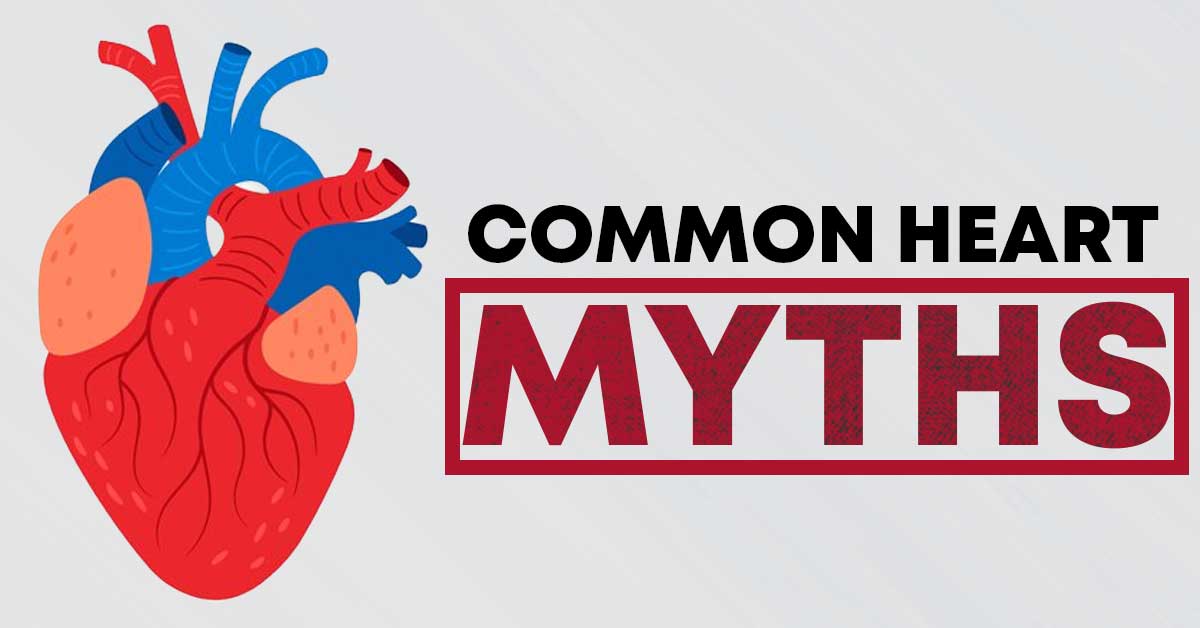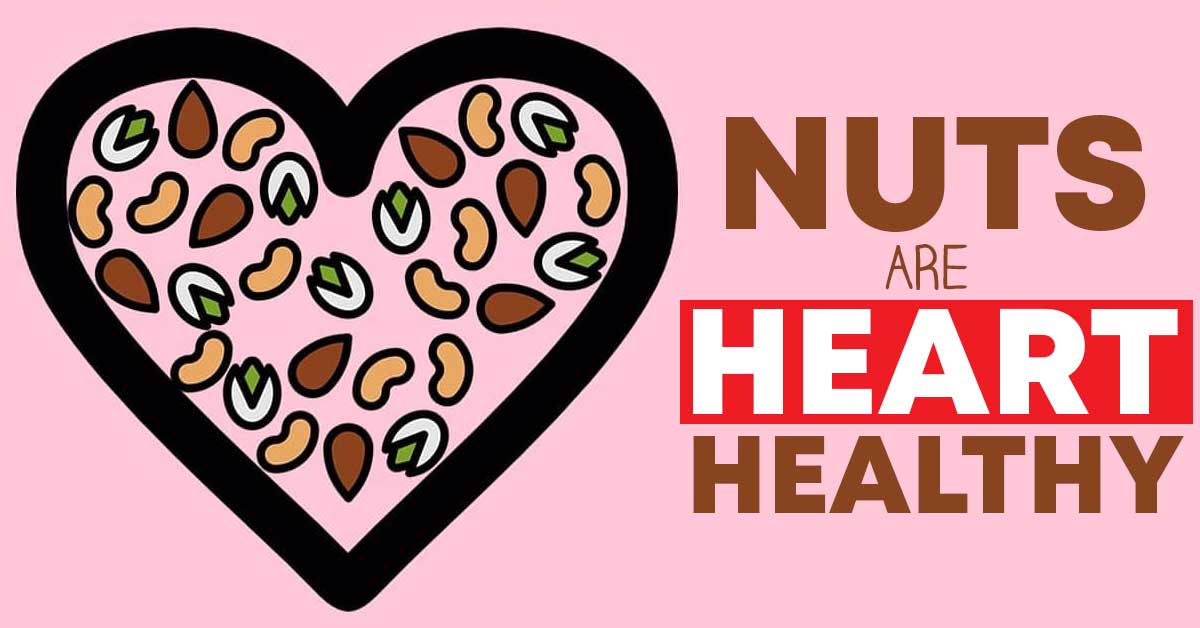Heart Health
Your heart is your body’s hardest working organ, pumping blood through your system of over 60,000 miles of blood vessels.
In total, about five liters of blood are circulated throughout your body.
Electrical signals from your body’s natural pacemaker are used to tell your heart when to contract and relax to keep this process going.
How Does Your Heart Work?
Unlike the symmetrical cartoon heart that we popularly see around Valentine’s day, your heart actually has distinct left and right sides.
Right side: Receives blood with minimal oxygen and directs it to your lungs where carbon dioxide exits and oxygen enters. This side of your heart does the cleaning.
Left side: With the blood now filled with oxygen from the right side, the left side disperses the blood throughout the rest of your body. This is the distribution side of your heart.
The transportation of blood throughout your body is handled by arteries, capillaries, and veins.
Your arteries carry oxygen-rich blood and get smaller the farther they are from your heart. Veins are the opposite, carrying blood that lacks oxygen, back toward the heart. Capillaries are connectors working to connect veins and arteries.
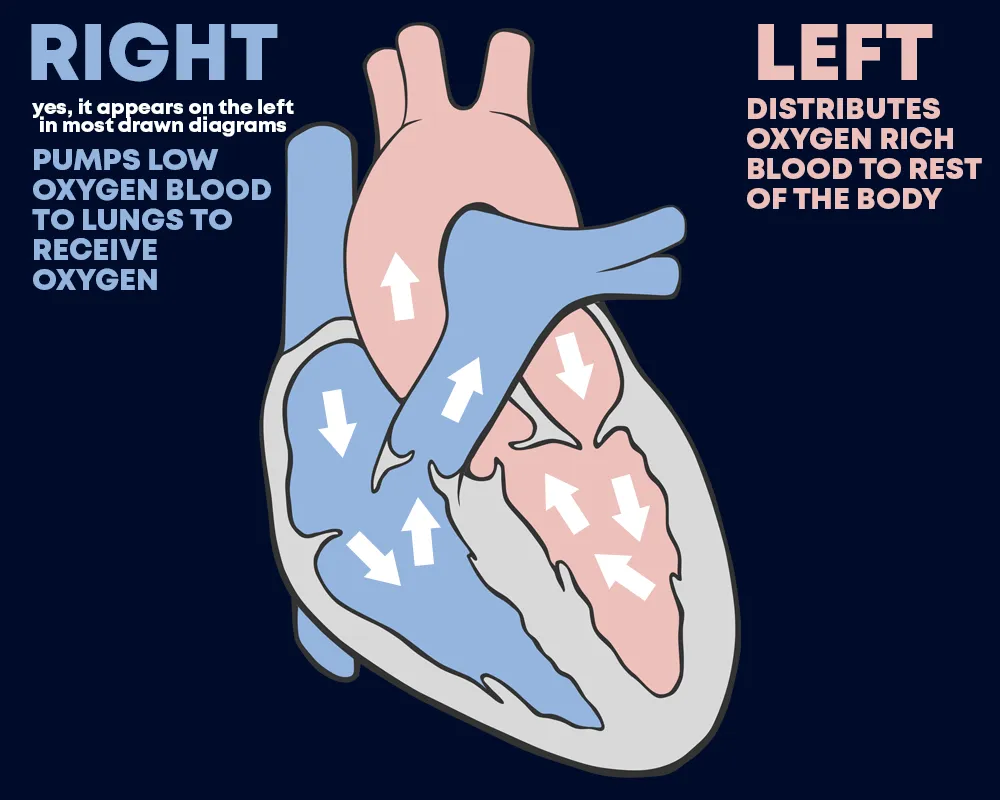
Amazing Heart Statistics
100,000
or more heart beats per day
60,000
miles of blood vessels
9 to 12 ounces
average weight of a heart
1.5 million
barrels (32 gallons) of blood your heart pumps in a lifetime
Lifestyle Factors that Affect Heart Health
The CDC reports that 47% of Americans have one of the leading risk factors associated with heart disease: high blood pressure, high cholesterol, or are a smoker. Smoking is an obvious lifestyle factor, but high blood pressure and cholesterol are often the results of some of these other lifestyle factors.

Diet: Diets high in saturated fats, trans fats, and cholesterol are associated with heart disease, high blood pressure, and high cholesterol.

Physical Activity: This is the best way to strengthen your heart! A lack of physical activity is also associated with high blood pressure and high cholesterol.

Alcohol and Tobacco: Heart and blood vessels as well as how much oxygen your blood can carry, can all be negatively influenced by alcohol and tobacco.

Obesity: Commonly linked to high blood pressure and cholesterol, carrying excess body weight causes the heart to work harder for all tasks.
Does heart health change with seasons?
Temperature plays a big role. High temperatures can cause more blood to flow to your skin. This results in increased blood circulation and thus an elevated heart rate so your body can keep up. Cold weather can also create issues as your blood vessels contract from the cold. Additionally, the week between Christmas and New Year often sees a spike in heart attack cases due to a combination of cold temperatures, poor diet, and stress.
Heart Healthy Foods
The key is to avoid saturated fats, trans fats, and cholesterol-heavy foods. Substituting these foods into your diet will positively help your heart health!
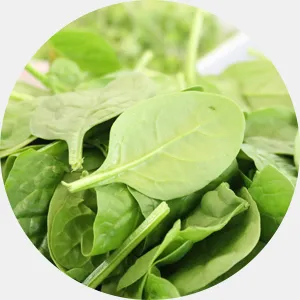
Leafy Green Vegetables
Think spinach, kale, cabbage, or broccoli. Even though they are not green, carrots are great too.
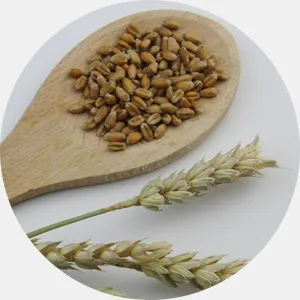
Whole Grains
Can help reduce your cholesterol while being a replacement for refined grains (like those found in white bread).
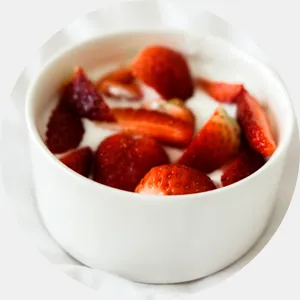
Fat-Free or Low Fat Dairy
The National Heart, Lung, and Blood institute recommends milk, cheese, or yogurt.
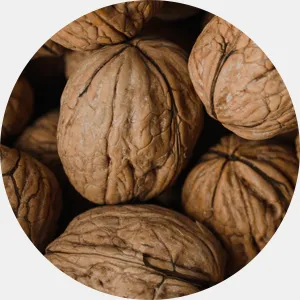
Protein-Rich Foods
Fish, lean meats, nuts, and even eggs – despite their high cholesterol can aid your heart when consumed in moderation.
What Screenings Can I do to Check My Heart Health?
Schedule your annual physical! This yearly visit helps keep tabs on a variety of aspects of your health, including your heart. At your visit, you will have your blood pressure checked and may have labs to check your cholesterol and other measurements.
High blood pressure and high cholesterol are key risk factors for heart disease and do not always show symptoms. The third major risk factor, smoking, is easy to identify. While obesity can lead to both, you do not need to be obese to suffer from these two risk factors without realizing it. The best way to know is to simply have your numbers checked at your annual visit.
What is an AAA Scan?
Abdominal aortic aneurysm scan (AAA scan) is a process of checking to see if there is a bulge in your main blood vessel, the aorta. This scan is traditionally performed like a regular ultrasound in order for your provider to identify any potential bulges.
Supplements for a Healthy Heart
Cardio Essentials Red Yeast Rice contains a potent strain of red yeast rice extract that helps support cardiovascular function and healthy blood lipid panels.
NutriDyn’s D3 5000 is a highly bioavailable form of Vitamin D that provides 125 mcg (5,000 IU) per softgel.
Resveratrol Plus is a premium nutritional supplement made to support the cardiovascular system, healthy blood pressure, immunity, estrogen metabolism, and hormonal balance.
Learn More About Heart Health
What is Blood Made Of? A Brief Overview
Blood has four main components – learn what each does for your body and the important role of blood and your circulatory system.
Why are Trans Fats Bad For You?
Trans fats are a leading contributor to the development of heart disease. They are the most unhealthy type of fat because trans fats increase LDL cholesterol (bad) cholesterol while also decreasing HDL (good) cholesterol.
Training Your Heart: The Hardest Working Organ
We’re highlighting your body’s hardest-working organ… your heart! Though your heart is an organ, it also works like a muscle, pumping blood through your giant system of blood vessels (over 60,000 miles long).
How Pumpkin Seeds Can Be a Healthy Snack for Your Heart
Pumpkin seeds are packed with nutrients for your heart and bones – making them a great snack or addition to your cooking this holiday season.
Why Hot Weather Places a Strain on Your Heart
It is not uncommon to have some nearly 100 degree days each summer in Minnesota. While exercising on a hot day may […]
Oral Health and Your Heart – An Interesting Connection
Your dentist wants you to keep your teeth healthy, and it is not just for your great smile. Just like your family […]
Know the Facts About these Common Heart Myths
Your heart plays a crucial role in your health – because of that, it gets a lot of attention. There is a […]
Why Your Heart Should “Go Nuts” for Nuts
Nuts are high in calories and fat. That combination alone should raise some red flags as to how they could possibly be […]
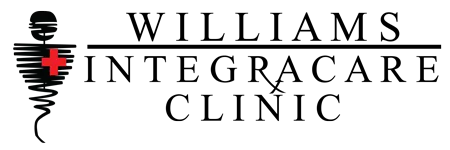
Phone: (320) 251-2600
Fax: (320) 251-4763
Email: info@integracareclinics.com
Clinic Hours: M/W 8am-6pm & Tu/Th/F 7am-5pm
Copyright 2024, Integracare LTD, All Rights Reserved. Information on this website should not be regarded as medical advice.

